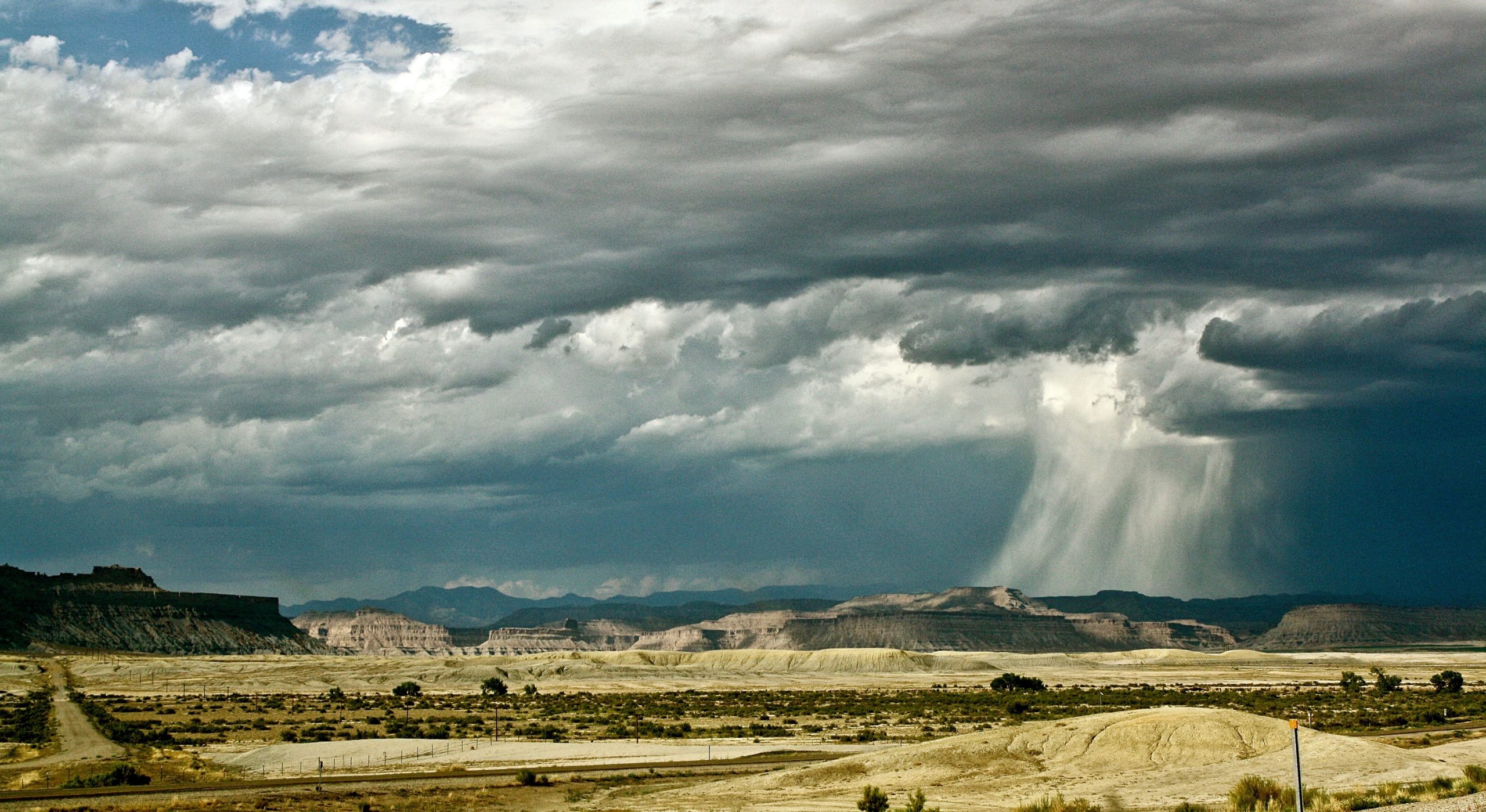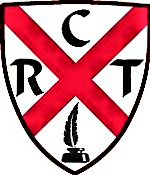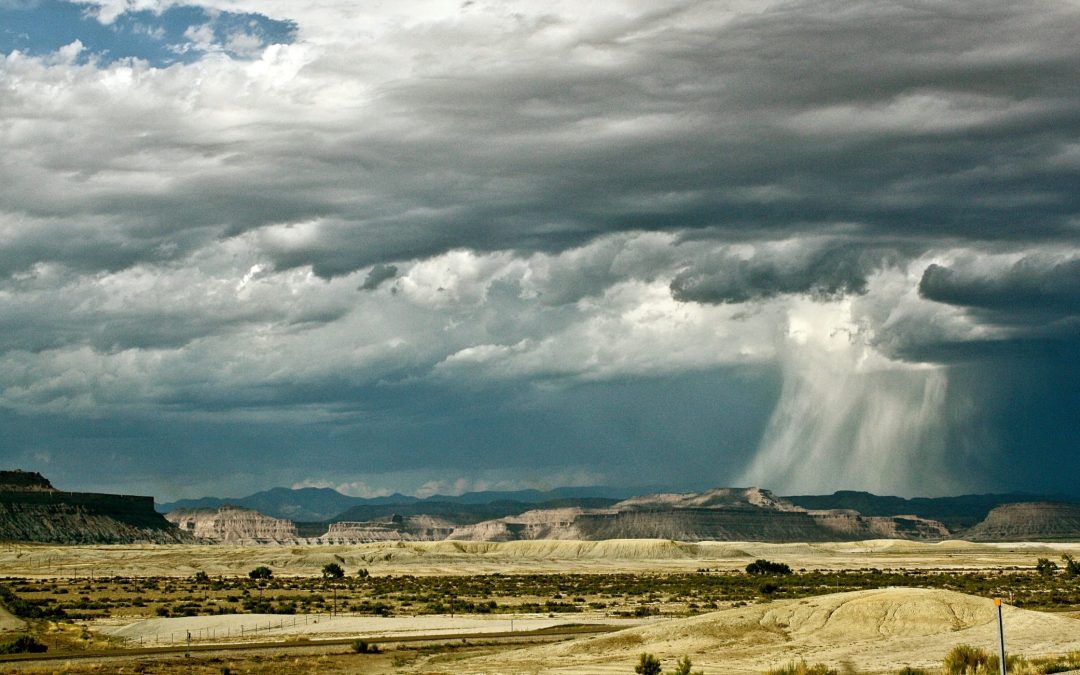
Preface
“The Gods are Reflections of Our Souls” by Cas Amrhan, Poet of Athlan
The world is young, rough, and dark. A bright light illuminates the islands of Athan, a place of order, balance, and enlightenment. However, the world changes, and what is solid becomes fractured. People, tribes, and nations evolve and degenerate. The unthinkable happens, and light becomes dark, good turns to evil, and certainty becomes uncertain. So it is now, and so it has always been. The never-ending battle for the control of earth is near. Celestial Forces gather, wielding power unimagined. People, great and small, will die in droves, incapable of understanding their fate or escaping the deadly trap. But in the end, everyone is a pawn, forced to fight.
Chapter 1: Helpless
He would die with his country. He just didn’t know when. Kon-r Sighur sat at a square, stone table carved ages ago from mountain rock. His was one of four chairs covered with ancient runes, which encircled a table on a platform chiseled from the island’s highest peak, Creogh Radahar. Below, the Muirseol Sea surrounded the Islands of Athlan: the Islands of Joy. Kon-r watched white seagulls wheel above the green ocean far below the ancient seat of power. The stench of sulfur rose to his perch. Much of the main island burned.
He was slightly larger than average with a ruggedly good-looking face, but he wasn’t exceptional. His eyes, like the sea below, were a striking blue-green. He wore a simple, white tunic to his knees with sleeves that covered his elbows. Strong arms and legs displayed wicked scars that spoke volumes. A thick leather belt circled his narrow waste, holding a well-used scabbard and sword. Simple leather sandals shod his feet. He appeared neither old nor young, but appearance was deceptive with true Council members. Kon-r had already lived eighty strenuous years, and, if he escaped violent death, he could expect to double or triple that number.
Kon-r smiled; his life would be cut dramatically short. The gods were laughing at his expense. Kon-r had a profound effect on people, much more so than his physical appearance dictated. He exuded an aura of quiet power and confidence. People felt better around him, about themselves and life in general. Everything seemed clearer when Kon-r was there. He knew this. He enjoyed his gift. And that was why the gods were laughing at him. For the first time in his life, he couldn’t help his people when they desperately needed him.
The high peak of Creogh Radahar was located in the Westron Range of mountains that extended from north to south along the entire western coast of Athlan. The mountains rose steeply from the sea, reaching heights where the air became difficult to breathe. The peak was blasted flat: treeless, hard, barren. Kon-r, looking east, surveyed the tortured landscape below—his country, his responsibility. He lowered his head and closed his eyes. He was tired. In his mind, he saw the burned villages and collapsed buildings destroyed by the quakes. He saw canals flood, their levees broken beyond repair. He saw the ravaged plains and wondered what people would eat.
Athlaneans had always survived nature’s challenges. In spite of the occasional natural calamity, they had continued to live productive, happy lives. This time, though, resistance to despair was failing. More citizens were accepting the inevitability of their destruction. Friendships were torn apart. Families disintegrated as members disappeared into smoke and flames. The people had lost the concept of the good fight. They had lost their self-respect. For Kon-r, helplessly watching his people unconditionally surrender to chaos was the ultimate defeat.
He knew the end was near when the Athlanean Council began to dissolve in his sixtieth year. The Council, originally formed in the unknowable past, had consisted of four members: the Priest, the Scientor, the Poet, and the Warrior. These four, usually but not always men, had directed the political and religious affairs of Athlan for as long as history had been recorded. The Four met on a regular basis to decide all serious matters of state—foreign and domestic—and create the policies that had kept Athlan safe and prosperous. The secret to their success had been balance. The Priest and Poet provided a good counterbalance to the Scientor and Warrior.
Public policy had remained remarkably stable over the centuries. Common sense and a desire to protect the people ruled the day—and always had. While the four Council designations remained the same, the people who held these seats changed as death claimed each of them. Replacements were not voted on, nor were they appointed. When replacements were needed, they were identified by special markings that appeared on their bodies. The remaining Council members had nothing to do with the selection process. No Council seat had ever been left vacant due to a member’s death. Whether death was caused by disease or violence, whether it happened at home or abroad, a replacement always appeared promptly. The person who replaced the Priest found a sunburst pattern burned into the palm of his left hand. The next Poet was marked by the image of a red heart on the right palm. The new Scientor would awaken one day to find perfectly formed geometric symbols on the inside of his left forearm, and the new Warrior would wonder how an open hand, palm out, came to be on his left forearm, while a clenched fist adorned his right one. Over time, Council markings became accepted as a regular occurrence of nature. The tradition of “marking” became ordinary; it was taken for granted. The appearance of Council marks fell from the realm of the awesome to the mundane. Something significant had been lost.
Council members embodied the essence of their offices. They represented the best their society had to offer; some would say they were more than human. The Priest embodied moral principles and socially responsible behavior. He aggressively fought evil and despair. The Poet saw into the collective soul of the Athlaneans. He knew the truth of his people and tried to show them who they were and what they could be. These days, people no longer had the courage to peer into the mirror conjured by his words. His truths had become barbs.
The Scientor dealt in physical truths. His job was to know the material world and, through that knowledge, to make life better for the people. His devotion to science was interpreted by the masses as a means of denying anything that was not hard, physical fact. It was easier to believe the Scientor than it was the Priest or Poet.
The Warrior provided a haven for Athlanean society to prosper and grow. The Warrior borrowed the passion of the Poet, the dedication of the Priest, and the thirst for physical knowledge that defined the Scientor. The Warrior also possessed an indomitable will that drove his actions.
Kon-r was the Warrior of the age, and he was the last living Council member. He had been marked with the palm and fist in his twenty-second year, when the previous Warrior had succumbed to his wounds in an obscure battle far from home. Kon-r had killed the Priest himself. The Priest, whose name was Sagart, realized that he was paying far too much attention to the forms of his belief, while he lost his true focus—the promotion of faith and hope through good works. He began to revel in his power over frightened and helpless Athlaneans who, faced with death, began to turn to the gods of their ancestors, which meant they beseeched Sagart for salvation—physical and spiritual. As Sagart flourished in his new-found power, he also lost the spark of faith and slipped from the rock of humility. Kon-r met Sagart on the peak of Radahar and did the Poet’s job—he held up a mirror to Sagart and confronted him, decrying his lack of true faith and his total loss of humility. Sagart, faced with the truth of his behavior, crumbled to the ground, and he begged Kon-r to end his life. Kon-r passed his sword through Sagart’s heart, as if doing him a favor. No replacement came forth.
The Scientor, Eolicht, enjoyed the accolades of the people, who realized that their wealth was mainly due to his efforts. He spoke his mind, and the people of Athlan listened. He became convinced, however, that mankind was simply another type of physical existence, like animals or vegetables. Acts that had once been socially forbidden became habit.
The Poet, Cas Amhran, in a fit of frustrated rage, killed Eolicht because the cult of science was killing the soul of the Athlan people. In a true murder of passion, Cas Amhran choked the life out of Eolicht and threw his corpse from the heights of Creogh Radahar. A slight, refined-looking man with curly brown hair and light eyes, Cas was horrified by his own actions. The last of the great Poets, Cas Amhran realized his own failure and cried tears of anguish as he cast himself over the edge. Neither the red heart nor the perfect patterns were replaced.
As the Council disintegrated, earthquakes erupted on a regular basis. Cities were torn apart, villages leveled. Fires destroyed what was left of the Athlanean capitol, Cathair, erasing millennia of history and lives uncounted. Disease, unchecked and virulent, thinned the populace. The numerous canals on the Great Plain were being torn asunder by seismic pressure. The Plain was flooding; great rents in the earth split the island. Athlaneans, turned feral, searched for food—anything that would help them get through one more harrowing night.
Kon-r recognized the dual destruction of country and soul, one coin with two sides. He believed he was the last of the Council for one reason: he could not give up. That was the central axiom for the Warrior. He couldn’t think himself into paralysis. He couldn’t think himself into despair. He wasn’t clever enough to rationalize another role for himself, and he wasn’t coward enough to run away. He was trapped by his own character. Kon-r had resigned himself to fighting against two deadly enemies: nature and the destroyers of his home. He would do what he could.
He remembered discussions with Sagart, the Priest, before he became corrupted. Kon-r always felt more secure after listening to him explain the universe, the Angeals, and his role in the larger picture. The Priest had been so certain; he spoke so well. Kon-r wanted to believe, but when he was in the field with his men—the Marfach Gardei, the deadly guard—spiritual thoughts vanished, replaced by the need to survive, kill, and win. Wading through fresh battlefields amid the stench and sound of the dead and dying, Kon-r could never wrap his mind around the concept of an all-powerful, benevolent being.
Sitting atop Creogh Radahar, sea wind blowing through his black hair, Kon-r Sighur considered the latest bit of news that had reached him. A youth had been found, the son of a fisherman, bearing the marks of the Warrior. There had never been two Warriors at the same time, just like there had never been two Priests, two Scientors, or two Poets. But another Warrior seemed to exist. Why? Athlan was exploding into the sea. Should Kon-r train him to die with the rest of them in a fiery conflagration signifying nothing, to slide beneath the waves into oblivion, fully trained and completely useless?
Kon-r continued to brood over the double-Warrior dilemma. The only reason to train a new Warrior would be to send him out into the world, hoping he could carry on the Warrior tradition. How could he possibly prepare a new Warrior for the chaos of a future world?
Kon-r saw the insidious nature of despair; he doubted his own worth. Fighting against insurmountable odds defined his role. Resistance against evil was necessary, because victory was never assured, and when victory was achieved, it was, by nature, a temporary reprieve: evil always returned. He decided the boy Warrior would be tested, and, if he passed, he would be trained as thoroughly as time allowed. He would be sent away before the final collapse. The new Warrior would carry on. Maybe tradition would change as the world changed, or maybe he would perish. Either way, one more Warrior might enter the world. It was all Kon-r could do. Perhaps it was all he was ever meant to do. He laughed. As black as things were becoming, he laughed because no matter how deeply he tried to think these things through, it never mattered. He could never get the solid, concrete answers he could understand. It was all a mystery, as Sagart used to say piously. Kon-r kept on laughing, convinced that the mystery was more like a bad joke.

